World Breastfeeding Week is held every year during the first week of August to support breastfeeding for all. This year, several of AMEL’s centers provided support and knowledge sessions for women, to train and raise awareness about #breastfeeding and its benefits. #WBW2024.
The campaign will celebrate breastfeeding mums in all their diversity, throughout their breastfeeding journeys, while showcasing the ways families, societies, communities and health workers can have the back of every breastfeeding mum.
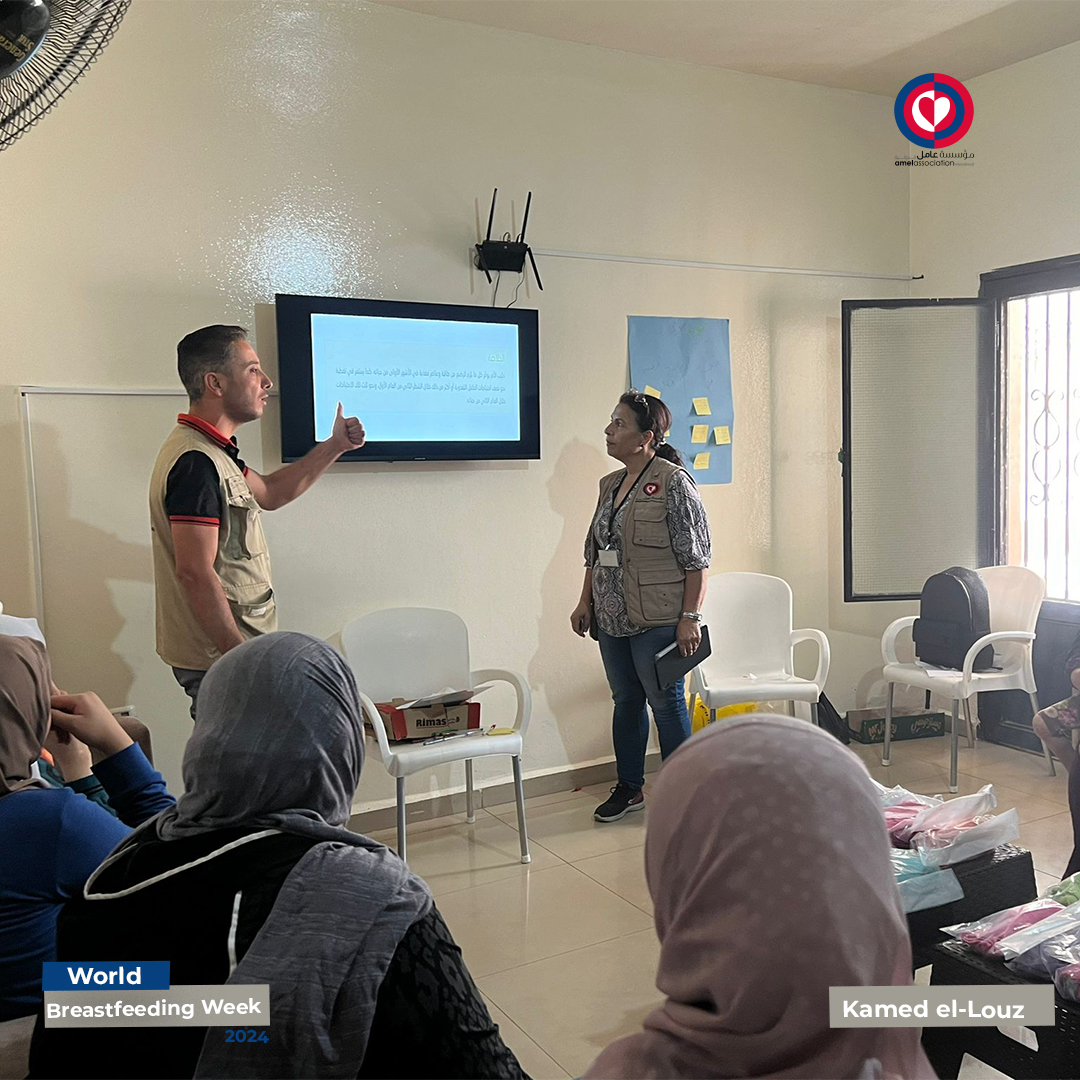 The theme for 2024 is Closing the gap: Breastfeeding support for all.
The theme for 2024 is Closing the gap: Breastfeeding support for all.
This year we want to really recognize breastfeeding mums, ensure they are seen and heard, and share relatable human experiences about breastfeeding and the importance of multi-level support.
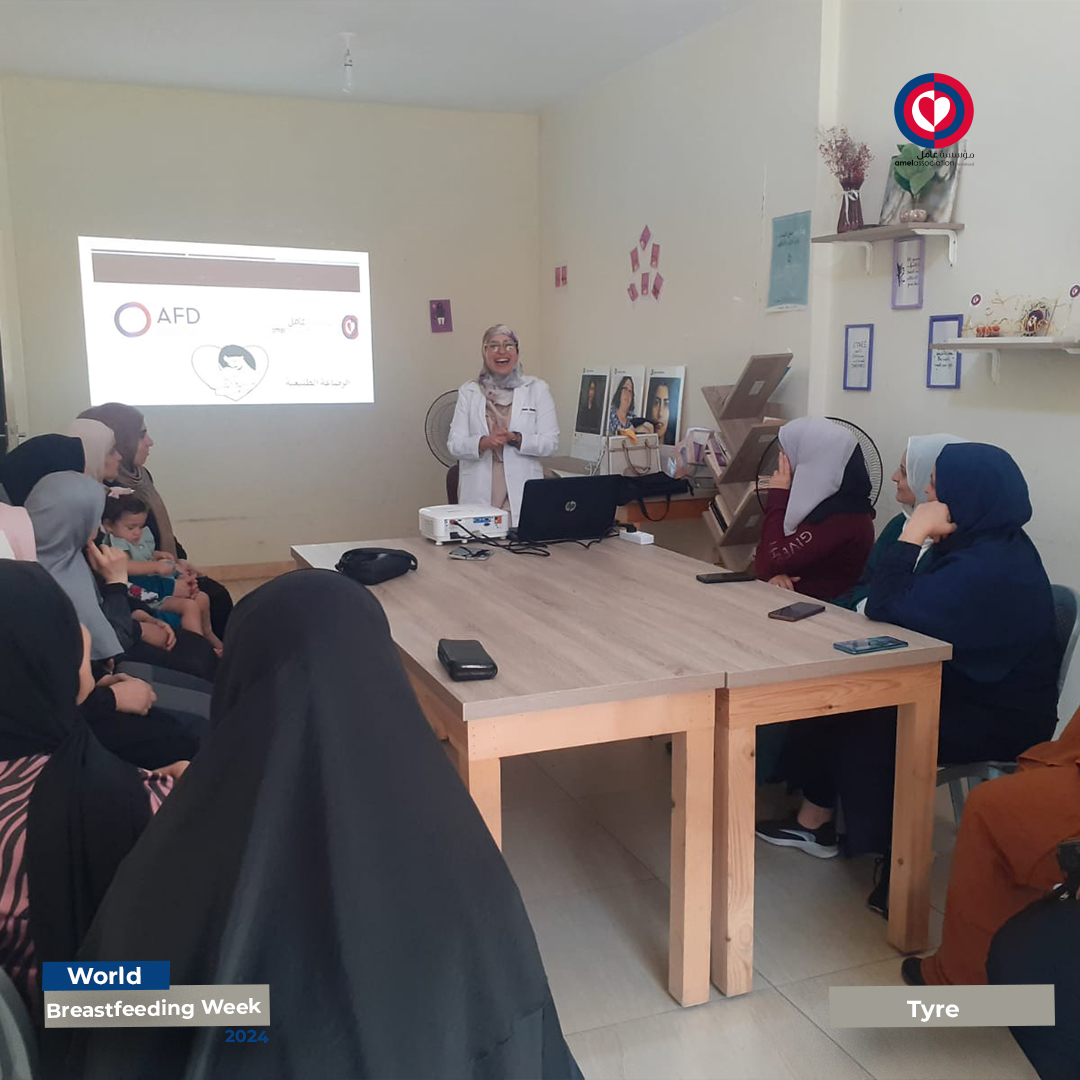 This support includes:
This support includes:
- Policies and attitudes that value women and breastfeeding
- A women and breastfeeding-friendly health care system
- Respect for women’s autonomy and her right to breastfeed anytime, anywhere
- Solidarity and community support
There are actions we can all take that help women to breastfeed as long as they would like.
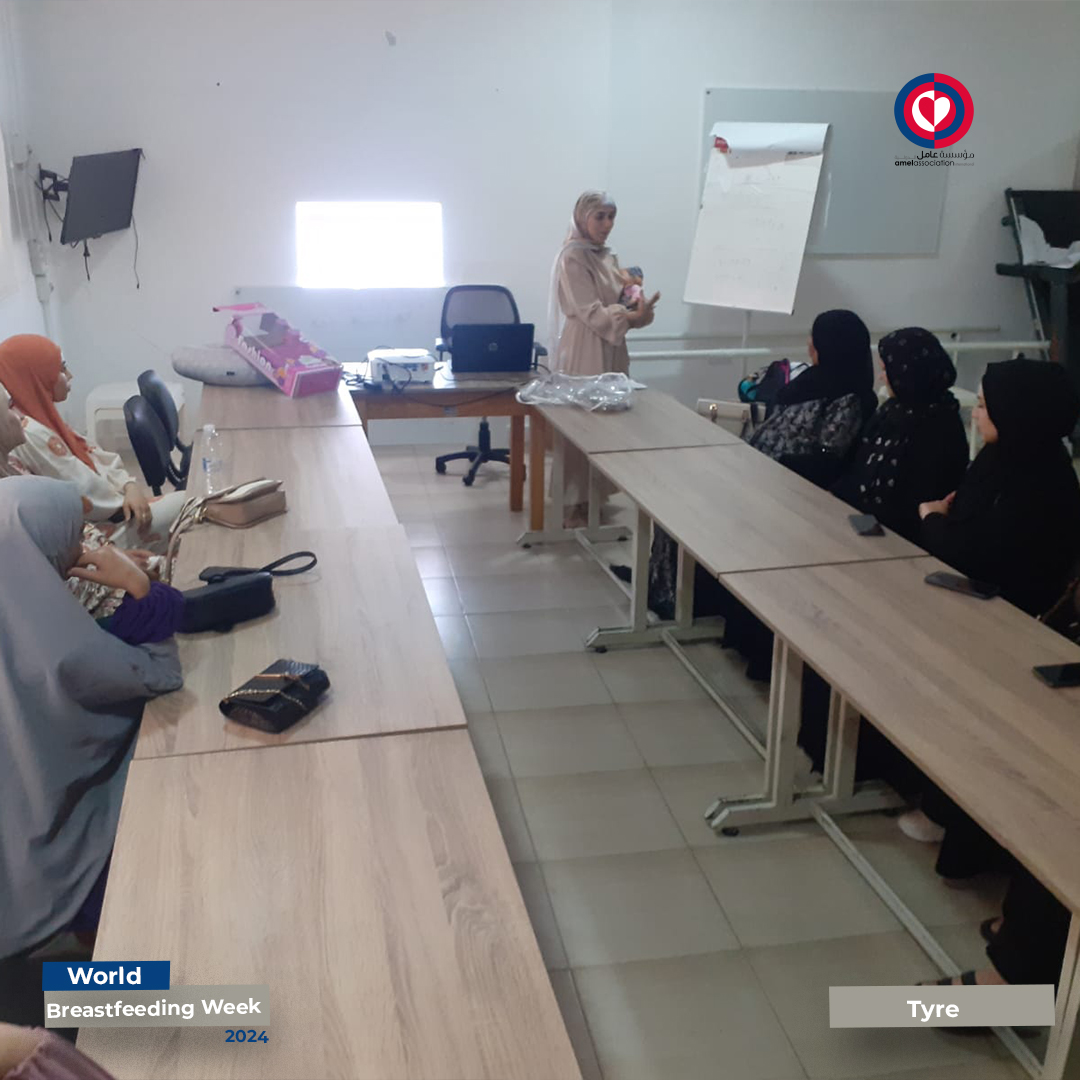 Key messages
Key messages
- This World Breastfeeding Week, let’s appreciate breastfeeding mums and ensure they get the support they need.
- Breastfeeding support comes in many forms – from staff welcoming breastfeeding in your local café to helpful advice from a health worker or maternity protections from your government. These all help protect the health and rights of women and babies.
- Women everywhere have the right to respectful breastfeeding counselling from trained health care providers, as well as laws and policies like maternity leave and provisions like paid time off when you go back to work.
- We can all help ensure women feel able to breastfeed anytime, anywhere – and work to improve the position and condition of women at home, at work and in public life.
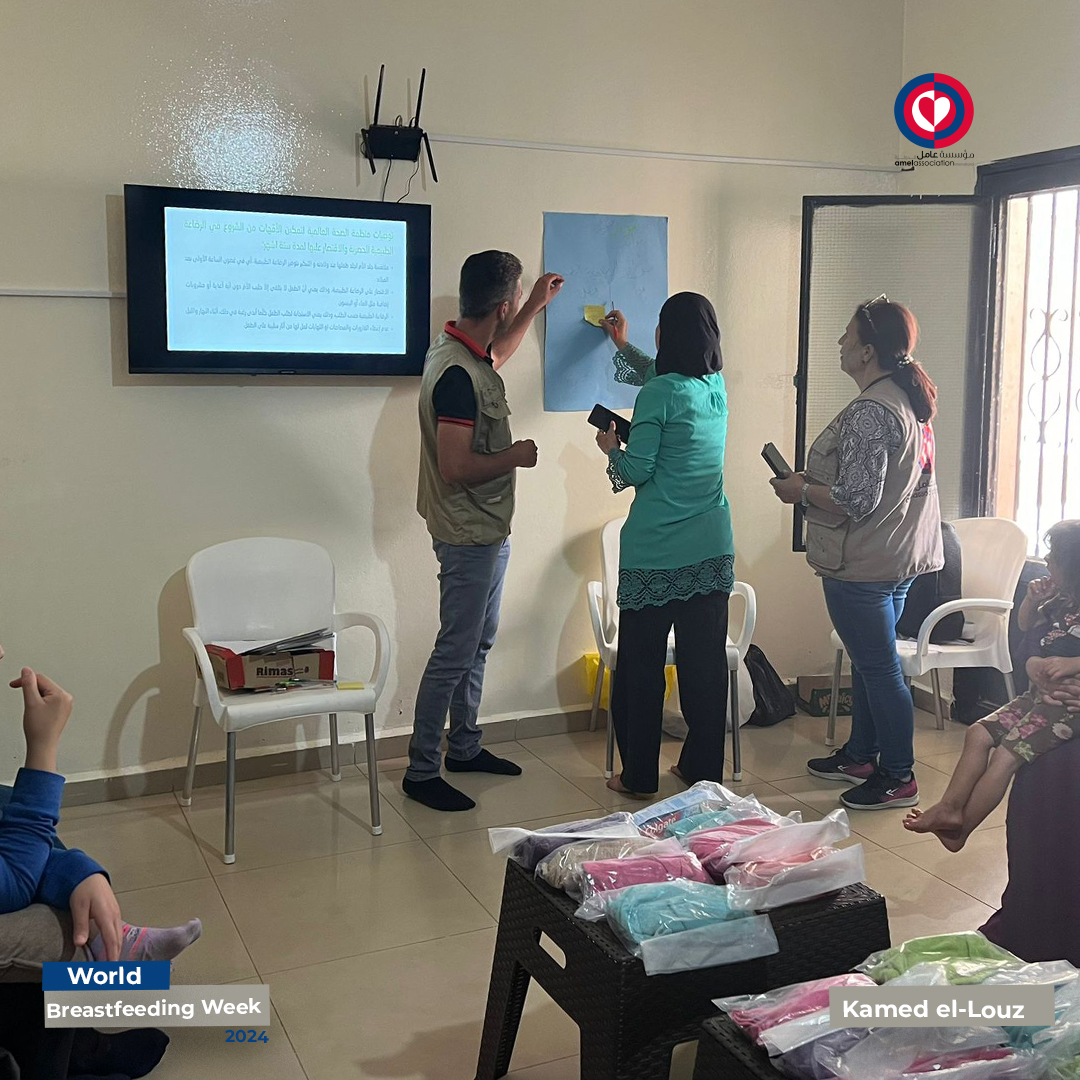 What is needed to support mums
What is needed to support mums- Support for women to breastfeed anytime, anywhere, so that it is normalized and not censured in public life
- Effective maternity entitlements that do not force women to choose between their families and their work
- Trained health professionals who can provide helpful, respectful breastfeeding support
- An end to exploitative baby-milk promotions in all contexts

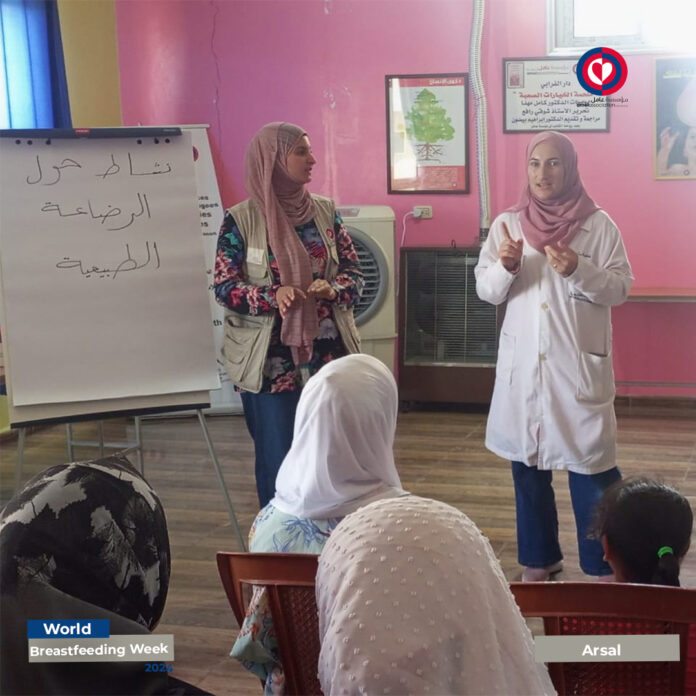



 Creative Commons Attribution 4.0 International license
Creative Commons Attribution 4.0 International license